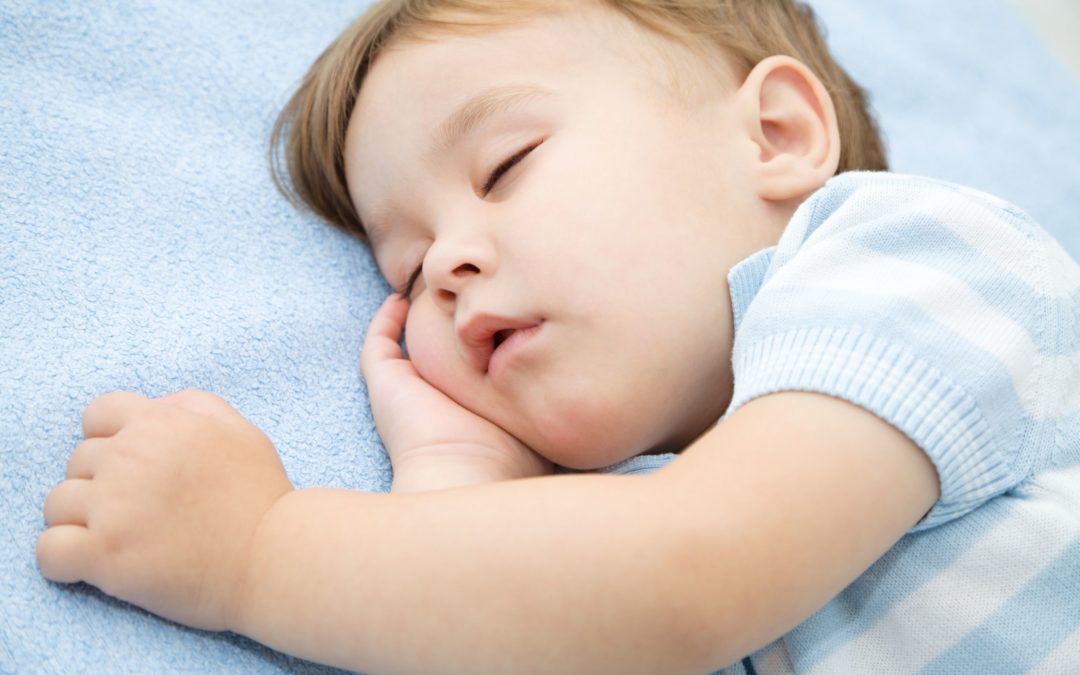Does your child snore?
Occasional snoring in children is normal; it is not harmful if your child snores from time to time. However, if snoring is persistent, it may be sign that breathing /airway issues are present and possible that sleep apnea exists.Having any of these places your child at risk for growth and development problems.
Snoring is more often associated with overweight adults than it is with children. Parents may find the sound of their child snoring a little cute or even funny, but snoring in children can actually be very serious and lead to range of problems, from bed-wetting to poor school performance.
What is snoring and sleep apnea?
Snoring is the sound of vibration of the of the airway when it is partially blocked while sleeping. The sound may be soft or loud and unpleasant, sometimes it may sound like grunting. Snoring can be the first alarm that airway or sleep apnea exists.
So what is sleep apnea?
Sleep apnea is a breathing disorder. The airway blockage disrupts normal sleep due to a lack of oxygen getting to the brain, causing fatigue and has been associated with many health issues.
What are the signs and symptoms of sleep apnea?
Besides the actual sound of snoring you hear from your child, other symptoms may include:
- Excessive daytime sleepiness
- Difficulty concentrating
- Morning headaches
- Sore throat
- Restless sleep
- Gasping and choking at night
- Dark shadow under eyes
- Yawning at inappropriate times
What are the causes of snoring in children?
Snoring may be caused by the following, less concerning issues:
- Common cold
- Sinus infection
- Allergies
More seriously, snoring, airway issues and sleep apnea may be caused by the following issues:
- Anatomical or structural component, such as, a small jaw or a small airway that the child was born with
- There is a possibility that the muscles and the nerves controlling those muscles are not well integrated during sleep and therefore do not open the airway enough.
- The most common reason is overgrown / enlarged tonsils and adenoids.
What are the consequences of my child snoring?
Frequent snoring in children is not normal.
Children who experience snoring and sleep apnea commonly wake up from an unrefreshing sleep. This may lead to difficulty concentrating in daily activities such as school and sport.
If you don’t sleep at night and your brain does not receive enough oxygen, you may start to lose brain cells. If this occurs during the period of brain development, the cognitive ability of children may be affected by sleep.
Through the night, children may wet the bed as they feel anxious to sleep. This in turn may lead to nightmares or night terrors and may affect your child socially as they will not wish to stay at friends house or go on school camp.
Child who are fatigued or lethargic may have symptoms such as difficulty paying attention in class or staying in one place for a period of time, behaving as if they have ADHD. It has now been proven that a number of children that have been diagnosed with hyperactivity may have sleep apnea, if this is treated then their hyperactivity disappears.
What I do to address abnormal snoring and sleep apnea?
If you are concerned that your child may have airway issues, sleep apnea or abnormal snoring, a visit to your child’s physician and dentist to determine if further evaluation or treatment is necessary.
So how can Hartwell Dentistry help?
As we mentioned, the most common cause for airway issues is enlarged tonsil or adenoids. At Hartwell Dentistry, we will assess your child for signs such as these and refer to an Ear Nose and Throat specialist (ENT).
If the abnormal snoring or sleep apnea is due to abnormal facial development, like a small jaw, then expansion through orthodontic treatment is found to be very effective.
What will happen if sleep apnea is not addressed in my child?
Untreated sleep apnea is very dangerous. It may lead to learning difficulties, behavioural issues, affect growth and development and in time may have serious health concerns


